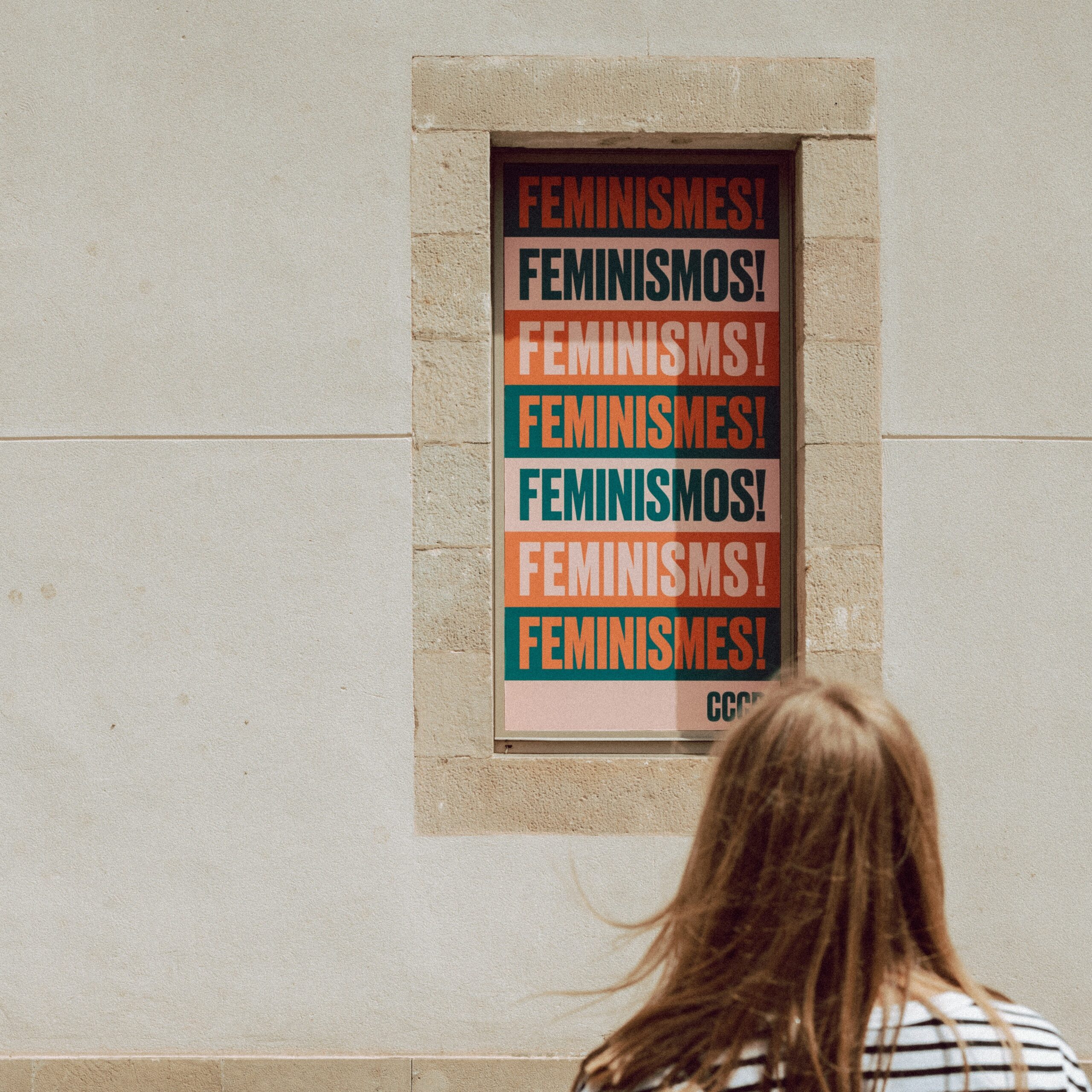“Women Washing”: When feminism is used superficially by communications and marketing
![]() – By Carolina Proaño Wexman, Head of DEI & Environment
– By Carolina Proaño Wexman, Head of DEI & Environment
More and more companies are using feminist slogans in its communications. The question is: is it all part of a marketing strategy or a true commitment to awareness? At a time when movements such as #Metoo, the Latin American Green Wave, the struggle for the defense of women’s rights in USA and new gender laws in Spain are part of public and private discussion, the subject wins increasingly more prominence and importance.
Proposing a feminist discourse to improve the image without changing internal practices is what is now called “Purplewashing” or “Womenwashing.” A concept forged in the term “Greenwashing”, related to superficial practices in sustainability and environment to expand companies marketing in this cause.
And in the eagerness to remain relevant or participate in the conversation, some brands do not hesitate to call themselves feminist allies, while their collaborators do not enjoy the same opportunities or salaries as their colleagues, nor do they have programs or policies that value the balance between life, work or physical and mental health of women that these companies claim to support and defend in their advertising and communications.
Doing something only on March 8 and not having a constant policy of reducing gender inequalities is the same as doing nothing.
It is no longer enough to tell the benefits of a product or service to ensure that your target accompanies you; It is also necessary to align with certain significant values and beliefs for today’s society. The public today requires commitment to social issues and, in return, support and follow the brands because of its meaning and a genuine purpose.
If your brand cannot build a legitimate and adherent content, it is better not to force the message and keep silent. It’s not the day to sell, it’s a day to reflect, learn and support.
Thus, from communication, our role consists in conveying messages that destroy clichés and insidious representations, so rooted in language that go unnoticed:
- Propose changes in internal culture and then show the world a real and genuine face and not a dyed purple image.
- Make the look of women specialists in narratives visible and promote women’s spokesperson and representations in the media and spaces of visibility.
- Strengthen tools for communication campaigns- internal and external- to be carried out from the perspective of gender and diversity.
- Motivate and convince the organizations and companies that we support for equity, diversity and inclusion to be incorporated into their strategic vision.


 – By Carolina Proaño Wexman, Head of DEI & Environment
– By Carolina Proaño Wexman, Head of DEI & Environment











